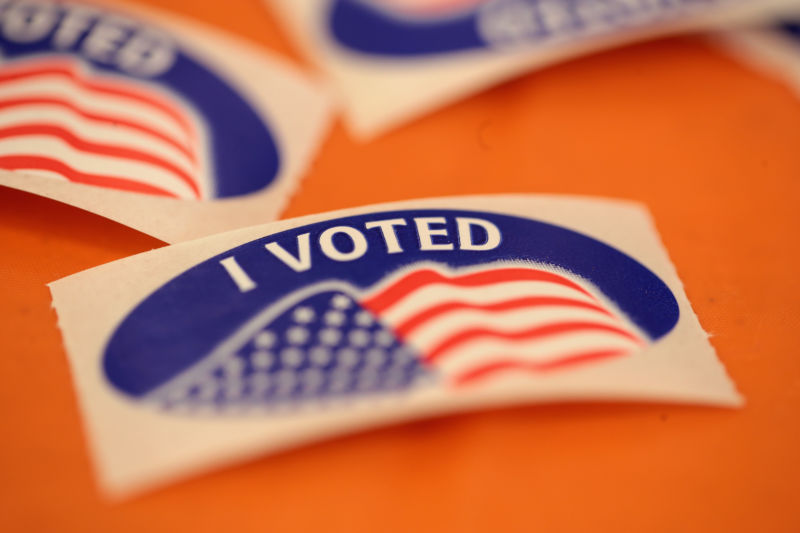Election polls aren’t broken, but they still can’t predict the future

Enlarge / Stickers await residents who vote at the Parks and Recreation Center building on August 14, 2018, in Elkhorn, Wisconsin. (credit: Scott Olson/Getty Images)
In the days before the 2016 US presidential election, nearly every national poll put Hillary Clinton ahead of Donald Trump-up by 3%, on average. FiveThirtyEight's predictive statistical model-based on data from state and national voter polls-gave Clinton a 71.4% chance of victory. The New York Times' model put the odds at 85%.
Trump's subsequent win shocked the nation. Pundits and pollsters wondered: How could the polls have been so wrong?
Trump-Clinton isn't the only example of a recent electoral surprise. Around the world, including in the 2015 United Kingdom election, the 2015 Brexit referendum, the 2015 Israeli election, and the 2019 Australian election, results have clashed with preelection polls.
Read 26 remaining paragraphs | Comments